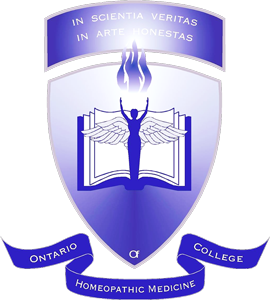What Does a Pharmacist Give Her Own Child When He’s Sick?
What Does a Pharmacist Give Her Own Child When He’s Sick?
March 20, 2017
What does a leading pharmacist reach for when her child gets sick or has a minor injury? When you’re holistic pharmacist and best-selling author Sherry Torkos, you choose carefully. “Being a pharmacist, I am very cautious about what remedies I give my son. I look for products with proven safety and efficacy. What so many people don’t know is that some over-the-counter medications carry the risk of serious side effects and require precautions. Plus, they can mask a problem. Your child could end up getting sicker. Other products help promote healing. You also want to understand the dosing instructions. Some products for children are dosed by weight or age. Others are not safe or recommended for children.”
Here’s what Torkos keeps handy in her medicine cabinet:
-
For bruises and muscle strains : Arnica, available in tablets or gel, is a homeopathic remedy that can be used for treating minor bruises and muscle strains. It can reduce pain and swelling and speed healing. Keep a flexible cold pack handy to manage pain and swelling from an acute minor injury such as a strain or sprain.
-
For colds and coughs : Many OTC cold products are not recommended for children less than four years old because studies have found that they really don’t help the symptoms and they carry the risk of significant side effects. Safer options to have on hand include the Similasan homeopathic solutions. With 100 percent natural active ingredients, they help kids to get better and boost their bodies’ natural ability to heal. Similasan has kids’ formulas to address everything from colds, coughs and fever to ears that feel irritated and clogged after swimming.
-
For diarrhea/constipation : Probiotics contain beneficial bacteria that support intestinal health, immune function and digestion. Soluble fiber supplements are also helpful for managing constipation and diarrhea. Choose a product that contains fiber. Laxatives and anti-diarrheal medications carry the risk of various side effects and should only be used when advised by your doctor.
-
For eczema/skin rash: Oatmeal baths can help relieve dry, itchy skin. Add 2 cups of ground colloidal oatmeal (not breakfast oatmeal) to a tub of warm water (hot water can further dry out and irritate skin). Then apply a moisturizer with soothing and hydrating ingredients such as vitamin E, aloe and lavender.
-
For motion sickness, nausea, upset stomach: Studies show that the very potent anti-inflammatory compounds called gingerols found in ginger can help relieve motion sickness, dizziness, nausea and gas, and soothe the intestinal tract. For children, look for ginger gummies or chewable tablets. Ginger ale made with real ginger is also a good option.
With these products readily available, you may be able to resolve many of your child’s typical health issues quickly and easily.

